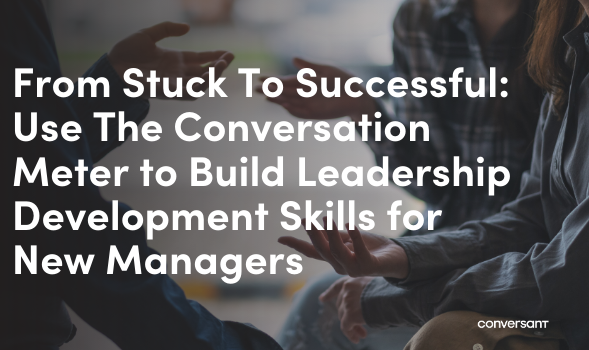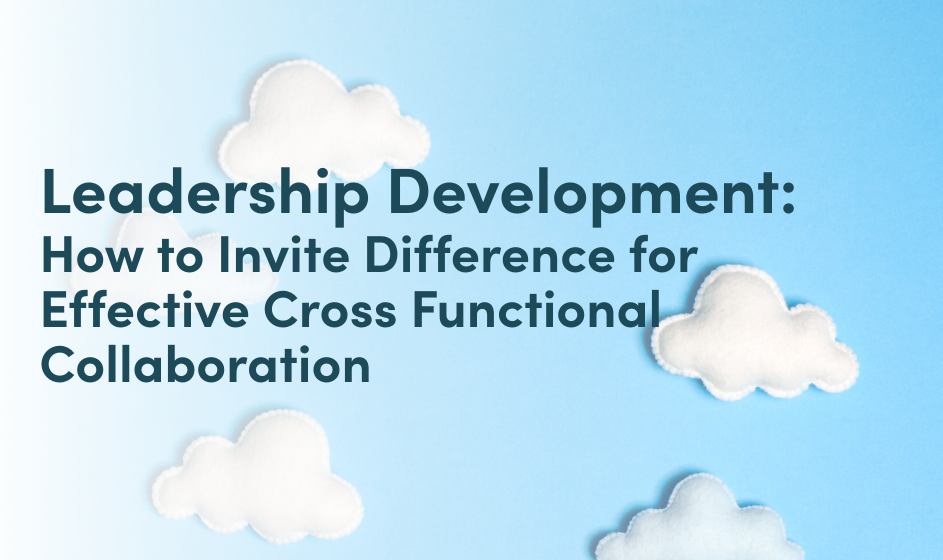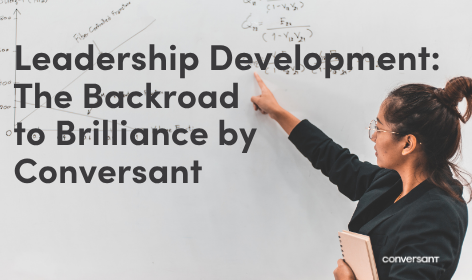Several times a month I am asked by a client, “How do we know we are becoming better systems thinkers?” Often they have in mind a specific task they want to approach differently than before, this time seeing interconnections vs. isolated events. Other questions may be, “What are the first things my organization should do to assure we are not just pursuing a new strategic plan the ‘old’ way?” “How do we make sure we are not thinking and acting in silos?”
While there are many tools that build systems thinking capabilities, knowing where to begin in practice together can be confusing. As I reflected on it, there is one place I always recommend any team or organization begin. That is in a formal process of group reflection and evaluation of what has been accomplished so far and what there is to learn. But what does that process look like?
One of the most elemental principles of thinking systemically is to recognize no one sees the whole system, only their particular position in that system. For example, if I am responsible for marketing new products and services, my view will be through the lens of where I need to focus and how my success will be measured – usually in terms of customer acceptance. Others who have technical responsibility to make a product or service actually work will have a different view of what is important or challenging – usually performance reliability. Still others have to figure out how something is made and provided when needed. To evaluate the system of new product/solution creation and delivery requires all viewpoints to converge on a shared view of what actually happened, what went well, what didn’t go well, and what learning themes inform next steps. These conclusions can be counterintuitive without having the right group dialogue. At Conversant, we label this the ‘Adjust’ conversation and we find it is the one practice that most organizations skip entirely or address inadequately. Yet it is the secret to becoming an adaptive organization, one that moves beyond transactional processes and siloed plans.
Rules for designing powerful Adjust conversations:
- Adjust conversations are social and not individuals reflecting by themselves. The best conversations have the right players in the room, representing all parts of the process or system, and involve specific questions in a specific order to build a coherent picture. These questions are simple, but seldom easy to address with rigor.
- Adjust conversations assume a level of skill in listening and inquiring. While of course everyone comes with their beliefs and experiences, simply advocating your sincere opinion does not reveal new learning. No one person should dominate. Everyone must be open and curious to discover interdependencies and connections in harvesting powerful lessons.
- What went well matters just as much if not more than what didn’t go well. Resist a problem solving (often reductionist) mindset by first appreciating the ‘magic’ of what worked and the often surprising results. This will illuminate what is important to keep going forward, not just what may be important to change.
- From learning together, comes new possibilities for aligned action. This is why stagnant multi-year plans can be wasteful, especially when the system you are working in has high unpredictability. Cycles of learning through Adjust conversations will assure the network of players get smarter and act more quickly and coherently to improve performance.
- These conversations take the time they take, and should be scheduled accordingly. My experience is when a team is new to this they need more time. Maybe two hours at first, and less than an hour over time. For those who are on a learning path, you will find you convene Adjust conversations often, not only at the end of a project. One client has found this process so valuable that in addition to regular smaller workstream Adjusts, they design a two-day retreat once a year for an over 100 project member network using the same protocol. It is typically a lively, high energy event that determines the whole system program focus and investment in the coming year.
In Summary:
There are many books and methods for expanding your system thinking skills available. And continuing to build individual and collective capacity in this area is critical through reading, workshops, and conferences. But if you are ready to get into acting differently, you will find a good practice to begin is in building the group reflection muscle through Adjust conversations.
As Humberto Maturana once said, “Knowledge occurs as a manner of interpersonal relation, not as something that one has.” Without building a collective path forward to becoming an adaptive organization, projects, teams, and initiatives will likely not see the systemic interconnections revealing valuable steps to higher performance and impact.




